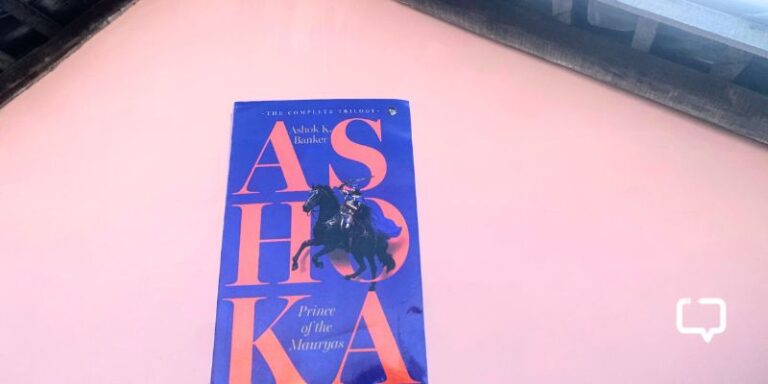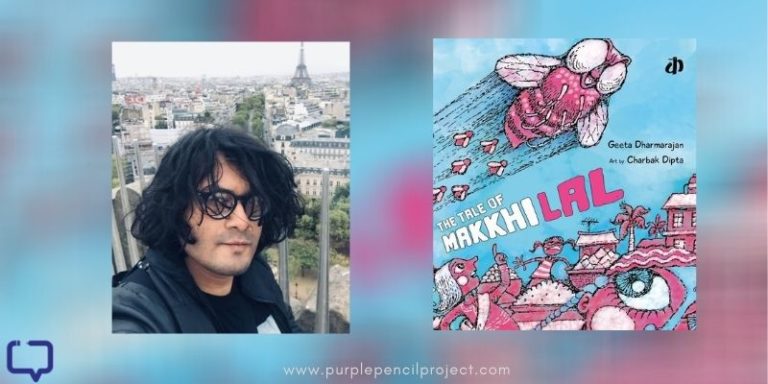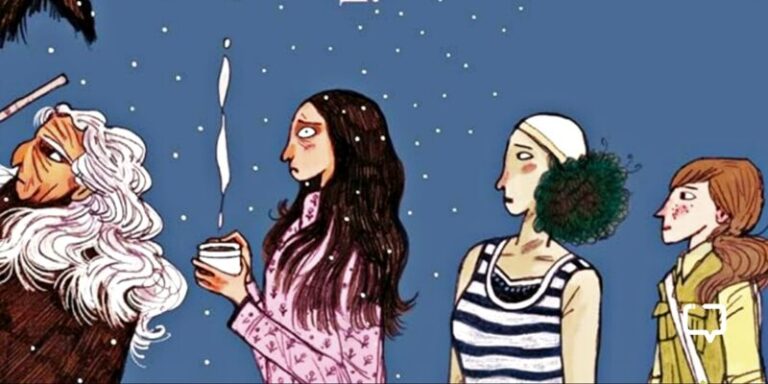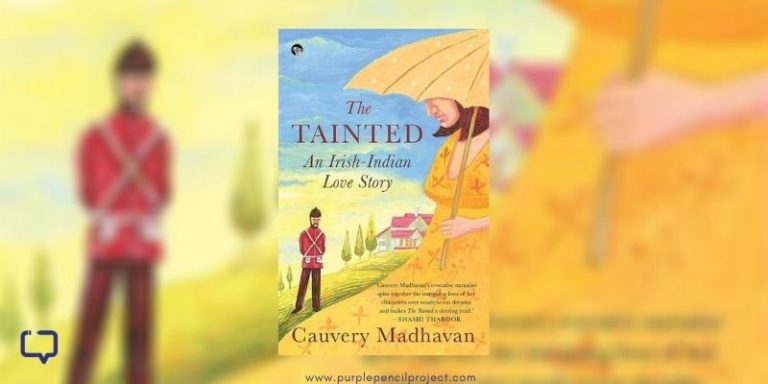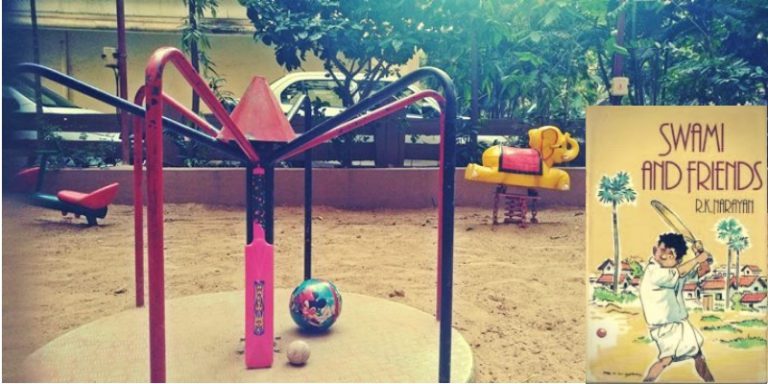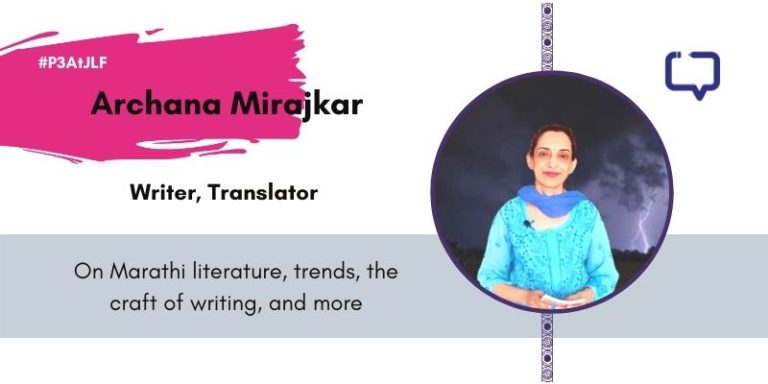Elsa S. Mathews reviews The Lady on the Horse and Other Secrets by Ramona Sen (Speaking Tiger Books, 2024).
Moving through 100 years, Ramona Sen’s ambitious novel is the story of the Lahiri family, whose members struggle to find salvation from its inherent moral turpitude. It starts with a foreboding letter dated 1967 by Pradeep Jethu, D.N. Lahiri’s son, who has joined the Naxalite movement.
The book one is set in the early 21st century and late 20th century. The chapters follow the lives of Priyardarshini a.k.a Pixie and Ayesha, the daughter of the maid of the Lahiri household. While Ayesha zealously wants to participate in Pixie’s privileged life, Pixie wonders about the secret that her grandfather Hemanta Lahiri and Ayesha share. Both are aware of their absent fathers. The second chapter, going back into the decade following 1976, narrates Pixie’s mother Aradhana’s childhood and adolescence, her cushioned life in the Lahiri household. Aradhana, aware of her mother’s absence, is intrigued by Nandini pishi’s presence and absence.
Recommended Reading: Unaccustomed Earth by Jhumpa Lahiri
While one may be tempted to give Book One a miss with the capers of rich, upper-class girls, it is relevant in order not to miss other characters like Kabir or Salim bhai and descriptions like Nandini pishi’s colourful room with Tangail saree hanging out at the window that provide clues to the cataclysmic events of the future.
Exploring Childhoods Across Eras
Nandini Pishi’s room was vibrant with its indigo pillow covers and paisley printed blankets. When Aradhana settled down with her homework at the small desk that had once hosted a sewing machine, the rustle of cotton at the window would take her back immediately to the phantom smell of naphthalene which kept stacks of sarees in her aunt’s cupboard from turning musty.
The closet used to be her chosen hiding spot before school, for she knew no one would ever look at looking into Nandini Pishi’s room but her aunt always found her sunk into the comfort of her cotton sarees and let her out before her father really lost his temper.
– The Lady on the Horse and Other Secrets by Ramona Sen
While these are the stories of childhood and adolescence in the late 20th century, in Book Two there is another teenager in the early 20th century, whose father had “ruined his daughter’s life by teaching her letters.” But a young man, Dipendra Nath Lahiri who used to study with her, comes back to marry her. While D.N Lahiri takes up the job of a cook in a British household, he harnesses Pritilata’s penchant for tailoring to set up a Lahiri & Sons. One day Pritilata meets Ethel Masters, a young British governess, changing the course of her life and the novel forever.

The following chapters are all set in the early 20th century, the child-bride Kamala, who becomes the matriarch of the house, the tragic story of young Ishwari married to Neel Ratan unaware of his homosexual propensities, Ishwari’s doomed love affair with Kanai Mitra or Kak, the housekeeper’s son, little Hemanta’s exploration with his sexuality, little Nandini’s sense of alienation within the Lahiri household, 12-year-old Bimala’s pain as she sees her father killed by rioters during the Partition and later her hopes to be reborn in a rich household as she waits for a train to run over her.
Untangling Connections and Resolutions
By writing the saga of a household that lives over a century extending from the pre-independence era to Covid pandemic, through the lives of the young people who live through the socio-political turbulences of their times, the novel offers a unique approach to intergenerational trauma, for it is incidents of the childhood and youth, that leave deep impressions and form habits into adulthood that impact future generations.
The difference in the lives of Pixie and Ayesha exemplifies how class can determine childhood and youth. However, Ramona Sen almost seems to make a special effort to make all the ends of the story meet. Making the final discovery of ‘Pixie’s first home’, placing Kabir in Aradhana’s vicinity, and the final denouement where Ayesha becomes the owner of the Lahiri bari all feel very Bollywoodish, choking the reader with the number of coincidences. Yet The Lady on the Horse and Other Secrets is an engaging read, promising to leave an impression for a long time to come.
Favourite Quote from The Lady on the Horse and Other Secrets by Ramona Sen
Hem wondered whether it was like A Lahiri to creep out of his house like his grandmother and his father had done. Or it was like A Lahiri to be loudly obnoxious like his eldest uncle who, when it turned out to be a good month at the shop, arranged for a night of revelry in the outer courtyard, hiring dancing girls for a private concert while the women crept behind pillars to watch in envious curiosity. Was it in fact like A Lahiri to gleefully bump of people whose very existence offended their sensibilities, like his cousin’s had done with his mother’s lover?












